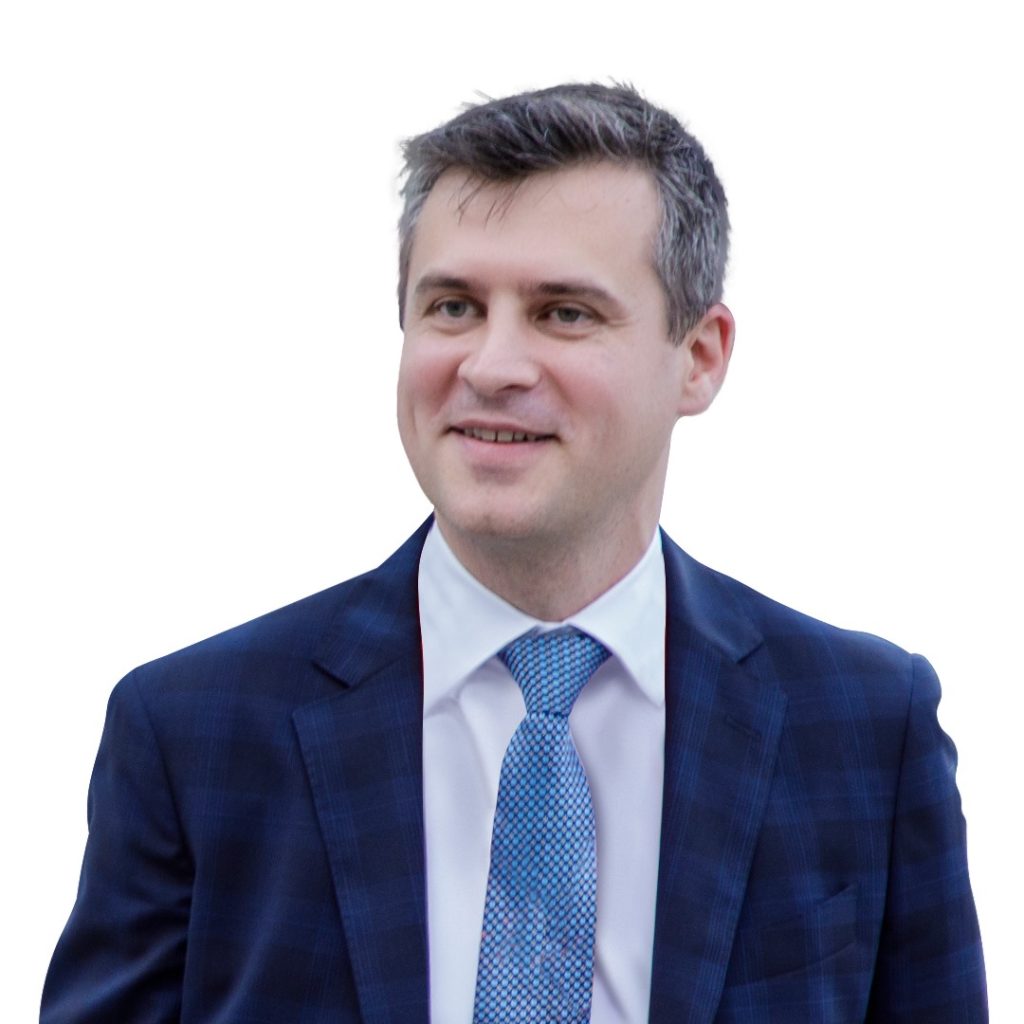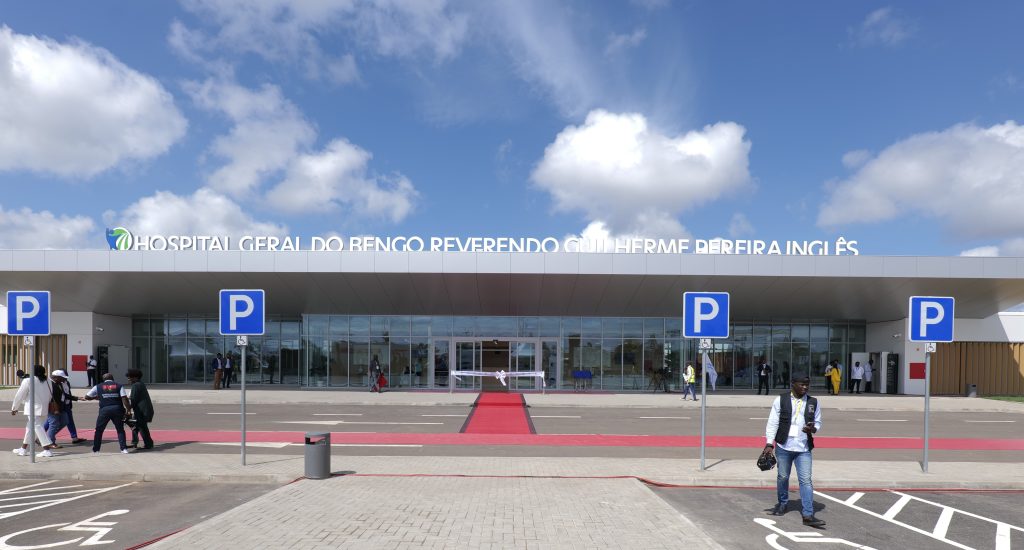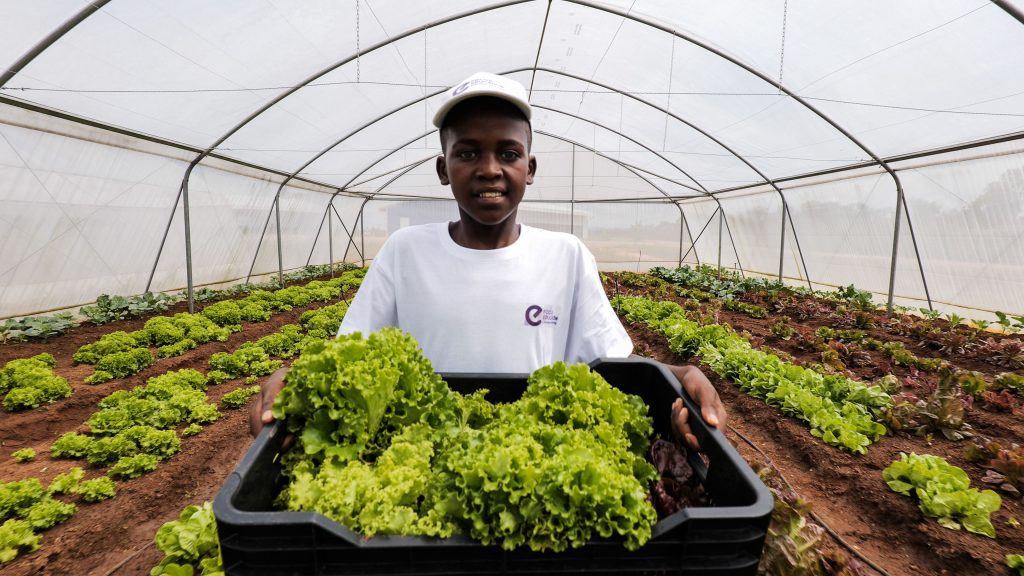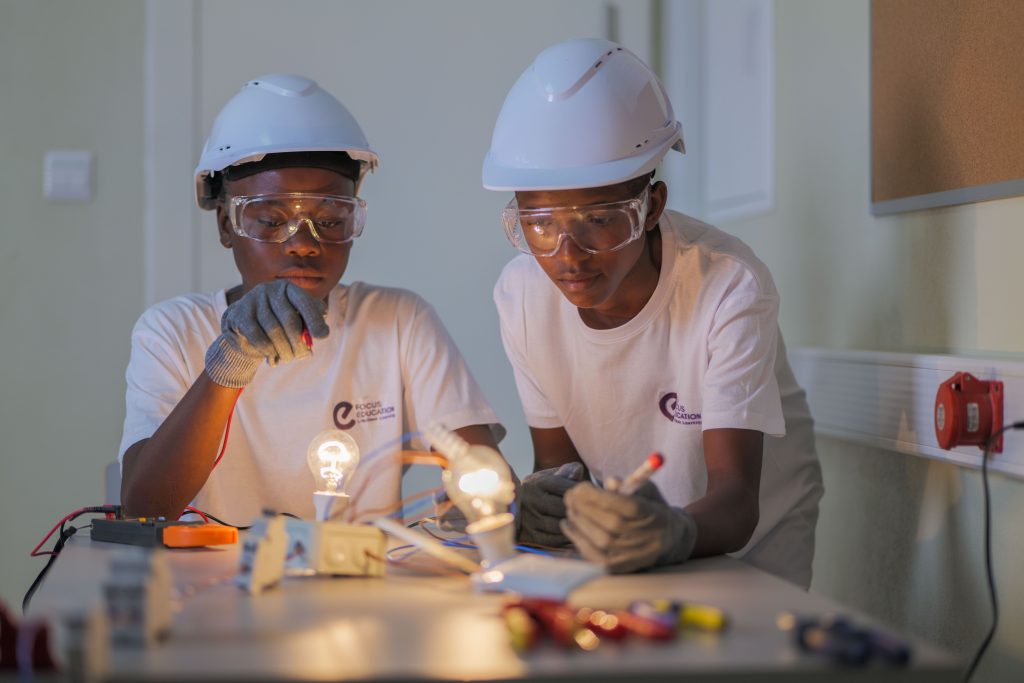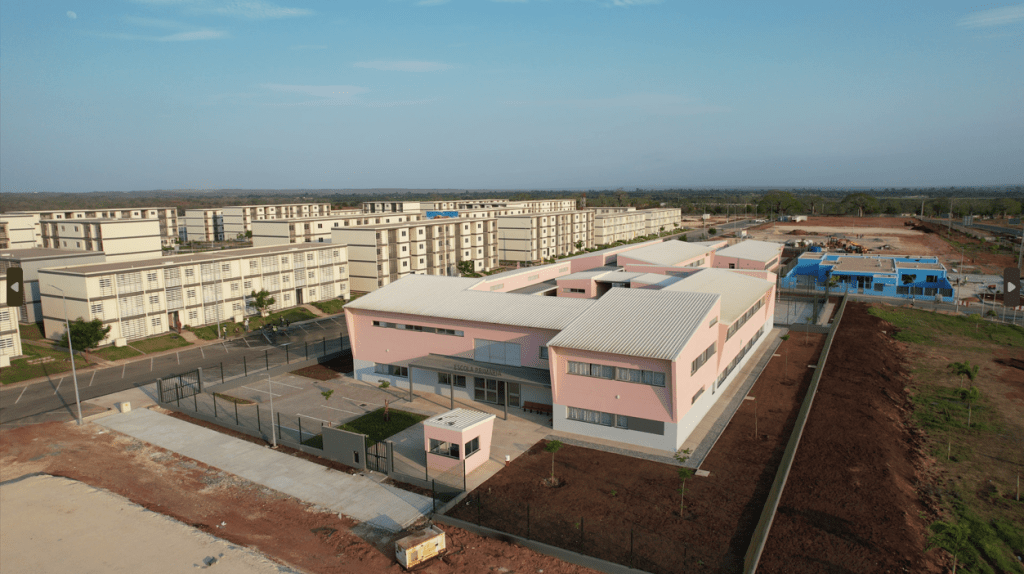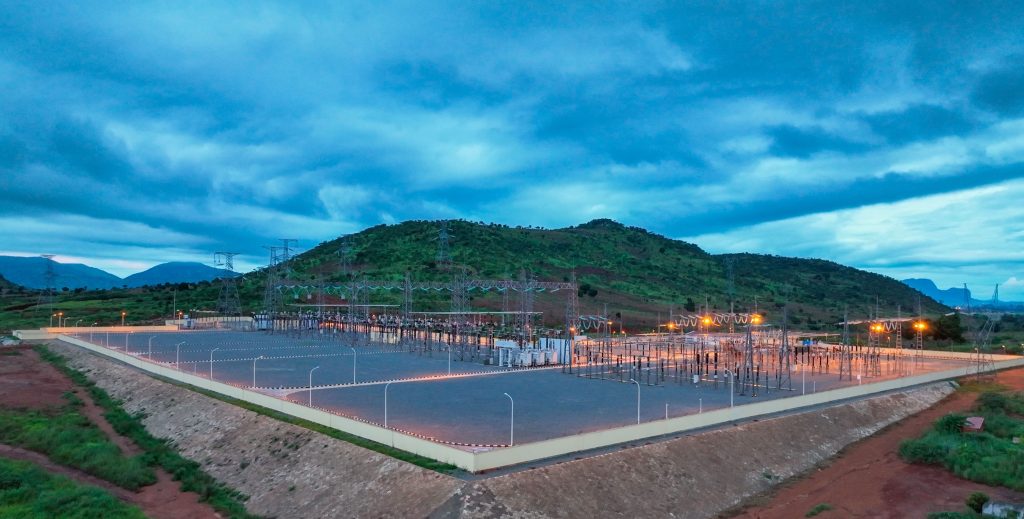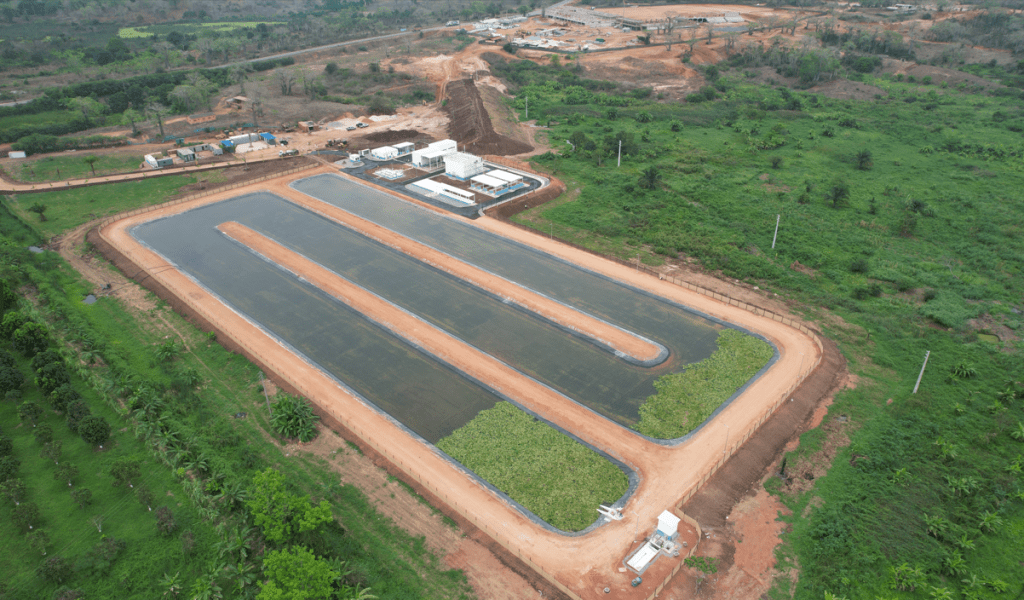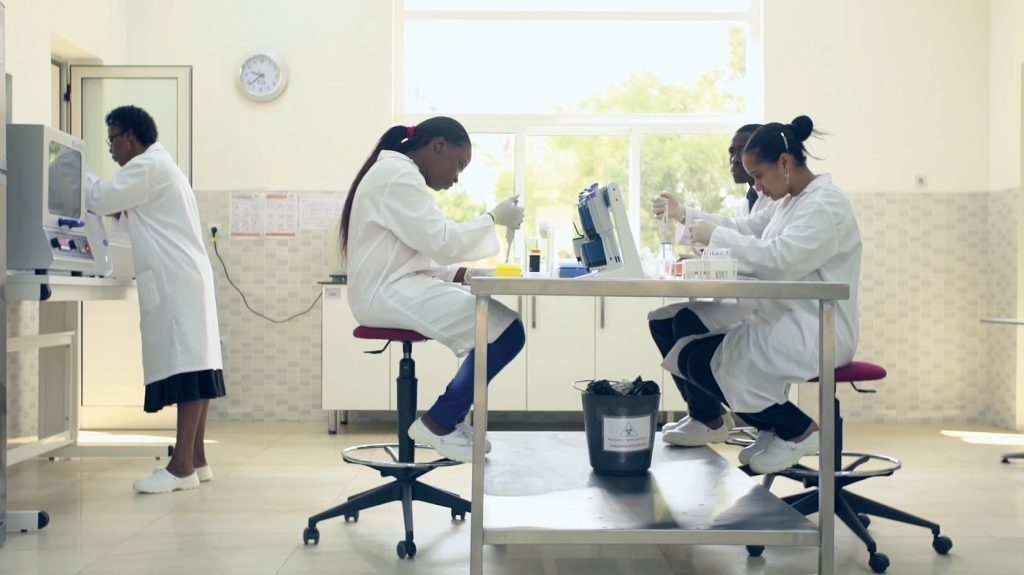“As the century progresses, Africa will increasingly become one of the world’s leading economic engines.” – Paul Kagame at the Africa CEO Forum 2024.
As we celebrate Africa Day 2024, the world is increasingly focusing on the vast opportunities that Africa offers. Recognised as the cradle of humanity, the continent possesses not only immeasurable natural resources, but also a high population growth rate and consequently the youngest population in the world. This demographic wealth presents a unique advantage, positioning Africa as a dynamic and innovative player on the global stage.
The growing interest of global powers, including the United States, the European Union and investors from the United Arab Emirates and other regions, is intensifying, giving rise to a new race for strategic positions in Africa.
Africa is poised for significant advances in infrastructure, particularly in transport and energy, with the intensified push for renewable energies in terms of production, transport, and distribution, which positions the African continent as a leader in reducing carbon emissions.
The diversification of economies and increased resilience to fluctuations in global prices, driven by various factors, are becoming crucial as the continent faces the impacts of geopolitical conflicts and climate change, with more than 60 million people in the SADC region already benefiting from the social stability promoted by initiatives focused on, for example, innovative sustainable agriculture and food security.
Technological advances, new socio-political dynamics, increased public and private consumption, especially among the urban population characterized by a strong middle class, and strategic international investments have been driving significant changes in Africa. These factors, not only contribute to the positive performance of African economies but also promise to redefine the continent’s trajectory on the global stage in the coming decades.
With eleven African nations remarkably represented among the world’s top 20 emerging economies, Africa’s impressive economic growth includes such standout examples as Niger (11.2% growth), Senegal (8.2%) and Libya (7.9%). According to the African Development Bank, real GDP growth in the African region is projected to average 3.8% in 2024 and 4.2% in 2025.
Several large-scale multinational programs taking place at regional level, such as the Great Green Wall of the Sahel and the Lobito Corridor initiatives, are focused on promoting sustainable development. While international events such as the US-Africa Leaders’ Summit, the annual AFSIC – Investing in Africa event in London and the recent US-Africa Business Summit in Dallas, United States, highlight efforts to attract private investment and define cooperation strategies to strengthen African economies. These forums give rise to relevant debates on sustainable development, climate change, food self-sufficiency and energy transition, including youth empowerment, women’s emancipation, and democratization of access to health and infrastructure.
The commitment of nations and organizations is remarkable, especially in achieving the Sustainable Development Goals (SDGs) proposed by the UN for the year 2030. Synergy between different sectors is crucial to face complex challenges and achieving collective prosperity. The urgency of accelerating economic diversification is emphasized by the need to mitigate financial disparities and promote more equitable and sustainable development. In this context, it is imperative to adopt strategies characterized by innovation, social inclusion, and environmental preservation.
In Angola is undergoing significant transformation in several sectors. The country is focused on improving and expanding education and health services, digital transformation, and infrastructure modernization, as well as stimulating food security in all aspects. Economic diversification has gained prominence, with efforts to attract foreign investment in the most varied sectors. The emphasis on vocational training programs highlights the preparation of the next generation of skilled workers. As one of the emerging economies on the African continent and with proven expertise in conflict mediation, Angola plays a crucial role in promoting regional peace and stability by strengthening bilateral ties with other African nations and international partners in trade, investment, and development.
At Mitrelli, we continuously monitor the key trends shaping Africa’s future, while collaborating with governments and institutions, committed to positively impact people’s lives. Our projects reflect our commitment to a holistic approach, where sustainable development initiatives are prioritized. From building urban communities complete with health, education, and security infrastructures to water programs that reach remote regions, our solutions are multifaceted.
The inauguration of the Teresa Afonso Gomes Centrality, in the town of Bucula, Bengo province, last November, is a significant testimony to the positive impact generated by the successful implementation of urban communities. This initiative promotes a substantial increase in the quality of life, by changing the housing paradigm and integrating all the basic services and social equipment necessary for the community. In the energy sector, we develop renewable solutions, which currently benefit communities further away from major centers, as well as implement water supply solutions in rural regions/villages.
Furthermore, our health initiatives aim to ensure access to high-quality health care, combining technology and high standards of reference services, such as the recently inaugurated Bengo Provincial Hospital, while agricultural projects in Angola, the “Mango AgroPark” in Côte d’Ivoire and the future Agropol in Senegal enhance productivity and food self-sufficiency. We invest in the training and qualification of young people for access to the job market, as we believe that this will ensure a more inclusive and promising future for future generations.
In conclusion, the implementation of multi-sectoral improvements is essential to attract investment and improve the quality of life in African communities. Strategic partnerships between governments, the private sector, and other entities are crucial to driving regional market growth and intra-African trade. These partnerships, in addition to strengthening the sovereignty of African states, also set a new course for economic progress.
As we celebrate Africa Day 2024, we recognize and honor the potential of the continent’s contributions to our world. Together, we can build an even brighter future for our common cradle.
Article written by Rodrigo Manso, Mitrelli Group CEO for Angola, published in Economia e Mercado.
